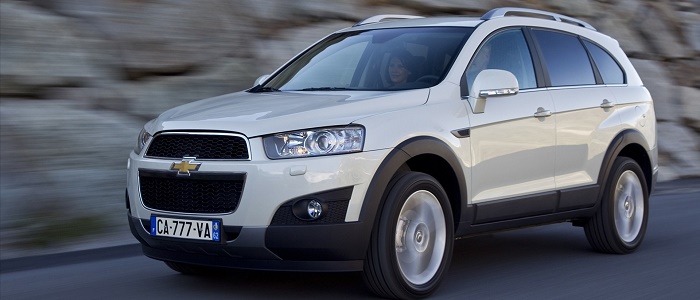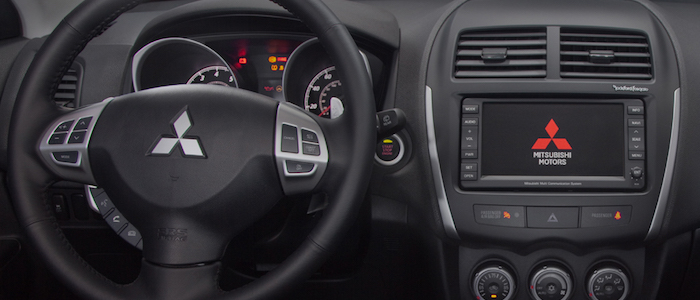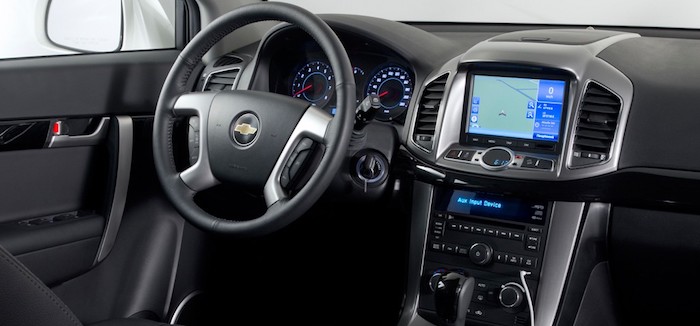Compare two cars
Compare any two cars and get our Virtual Adviser™ opinion
Dimensons & Outlines
Check vehicle history
Engine
Performance (manual gearbox)
Performance (automatic gearbox)
Expenses
Virtual Adviser's™ opinion
Well, these are two pretty similar cars we have here! It's only details that could potentially make the difference. Considering they both belong to the suv segment and utilize the same 5-door suv body style and the 4 x 4 wheel drive system, it all comes up to the specific diesel engine choice they offer. The first one has a Peugeot-engineered powertrain under the hood, a 4-cylinder, 16-valves 156hp unit, while the other one gets its power and torque from a 4-cylinder, 16-valves 184hp engine designed by General Motors.
SafetyA starting point here would be to take a look at the results from European New Car Assessment Programme (Euro NCAP) tests which were performed on both of the cars, with the Chevrolet being a slightly better choice apparently. Still, apart from the official crash test results there are other things we need to be aware of. Both vehicles belong to the suv segment, which is generally a very good thing safety-wise, but that fact doesn't break the tie between the two cars. On the other hand, if we'd like to consider vehicle mass in this context too, which we definitely should, the American car offers a considerable difference of 15% more metal.
ReliabilityI don't like generalizing things when it comes to reliability, although it does seem that Chevrolet does have a slight advantage, all the models observed together. These are the results of an independent reasearch, while our visitors describe reliability of Mitsubishi with an average rating of 4.6, and models under the Chevrolet badge with 4.2 out of 5. The same official information place Outlander as average reliability-wise, and Captiva is more or less at the same level.That apart, owners of different cars powered by the same engine as the Japanese car rank it on average as 4.3, while the one under the competitor's bonnet gets 3.5 out of 5.
Performance & Fuel economyChevrolet is undoubtly more agile, reaching 100km/h in 1.4 seconds less than its competitor. In addition to that it accelerates all the way to 200 kilometers per hour, exactly the same as the other car does. When it comes to fuel economy the winner has to be the American car, averaging around 6.4 liters of fuel per 100 kilometers (44 mpg), in combined cycle. We can't ignore that 11% difference compared to the Japanese car.
Verdict
Mitsubishi appears just a bit more reliable, although the difference is truly marginal. The most important thing when deciding between any two vehicles should always be safety, both passive and active. In my opinion, everything taken into account, the American car beats the other contender by far, making it the best choice without even considering other things. It all continues in the same direction, with Chevrolet being considerably quicker, thus putting more smile on driver's face. To make things even better, it consumps less fuel! All together, there's not much more to say, in this case I wouldn't even consider anything but Chevrolet. In any case that's my personal view, built upon all the data available to me. What should decide here though is the way you feel about the two vehicles, and I hope you'll find my guidelines useful in the process. Also, you could use the oportunity to find out which car, everything taken into account, would be the perfect choice for you in the eyes of the virtual adviser™, among more than 12.000 different ones in our database.



































